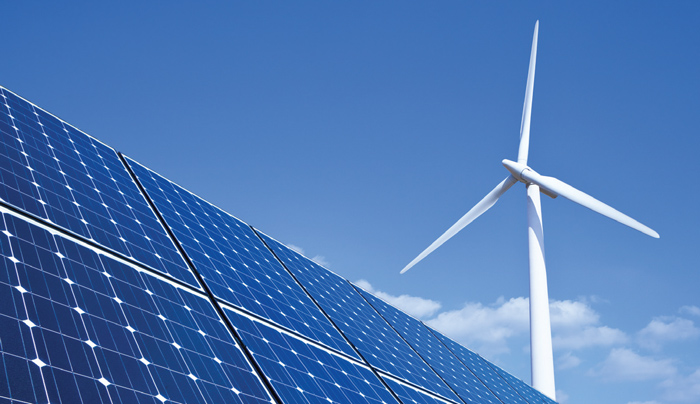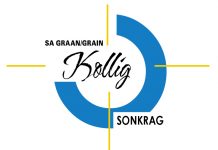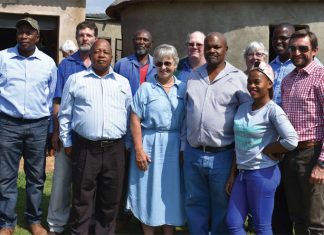Solar PV is a long-term asset that offsets a portion of a business’s current energy bill. Therefore, the key to financing is ensuring that the term of debt matches the cash flows of the installation. This will guarantee that the project can potentially be cash-flow neutral or positive for the business. We have often seen that installations that are funded through the right structuring could have a positive impact on cash flows over the term of the funding.

There has been good traction with businesses like wine farms, food manufacturers and pack houses, who are often municipal energy customers. These entities frequently have a quicker registration process and have already been allowed to push energy back into the grid. Absa expects strong growth in the implementation on farms going forward, due to the clearer regulatory environment and the increasing cost of energy. Due to the seasonal nature of energy usage, the uptake has been slower for some producers, as those businesses wait for the National Energy Regulator (NERSA) registration letters to be able to enter banking agreements with Eskom. Make sure that you have followed the steps required by the regulator, Eskom or your municipality.
Absa has financed many producers’ solar installations and has solar specific lending criteria to ensure the sector and the needs to lend against these projects are understood. Absa also lends against the asset itself and at longer terms than you generally see for asset finance.












